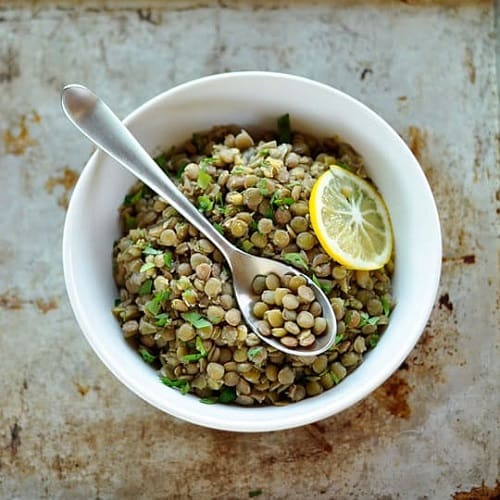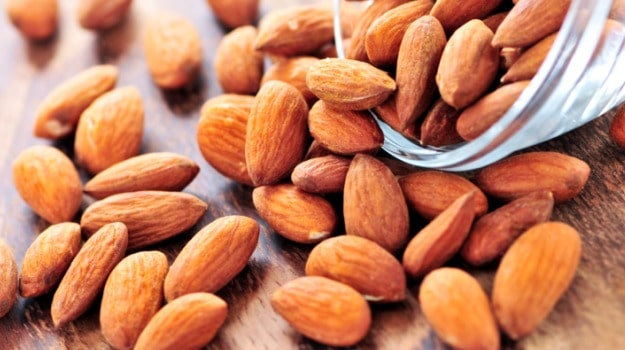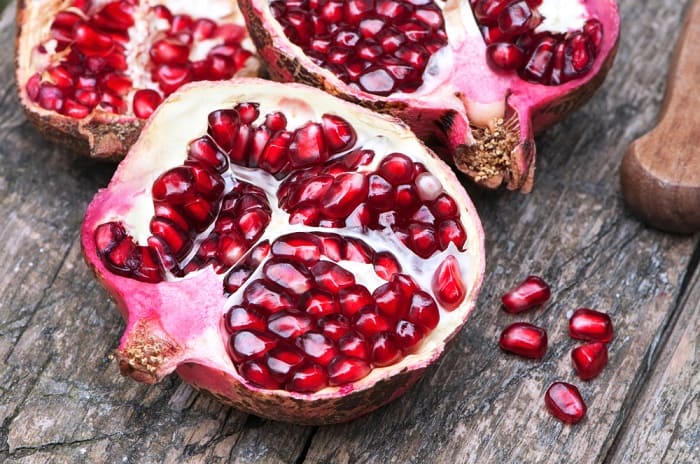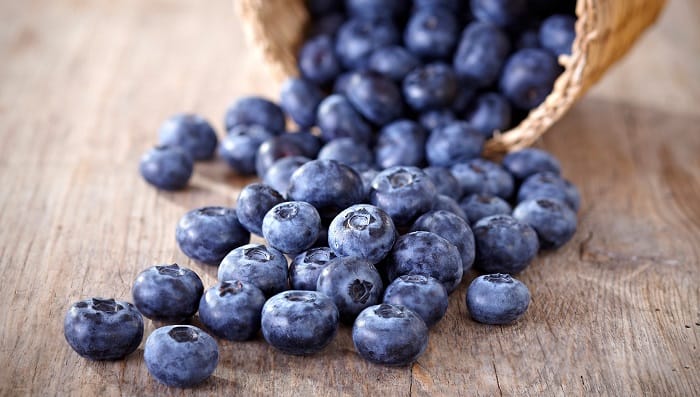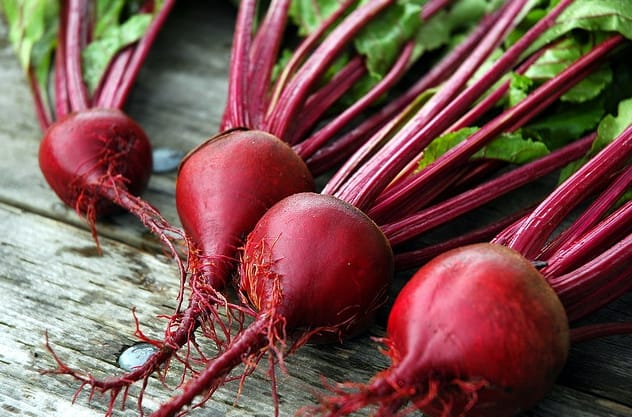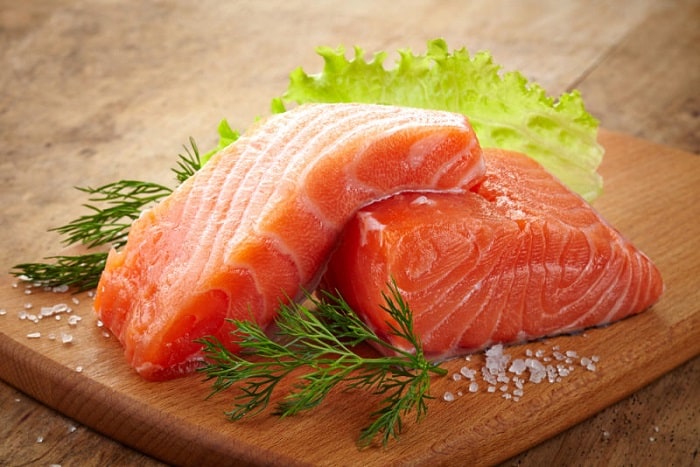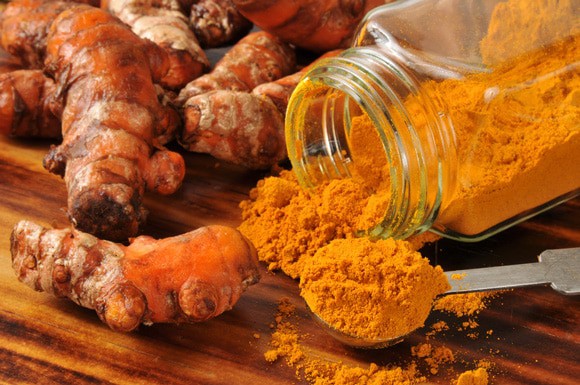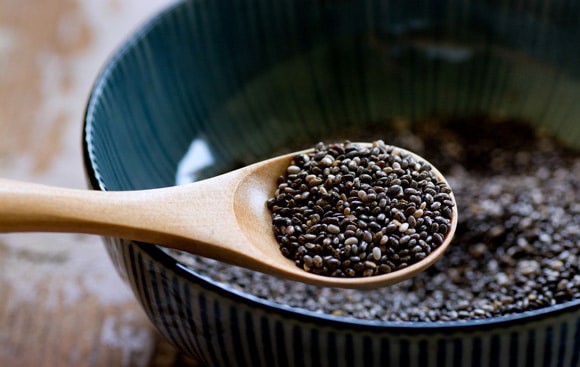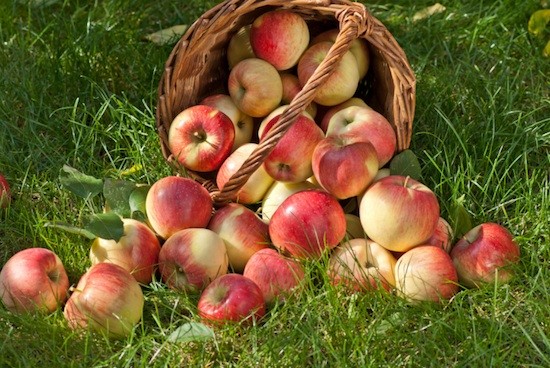According to the American Heart Association, heart disease is one of the leading causes of death in the United States. Roughly 25% of annual deaths in the US are attributed to heart disease, with more than half of those deaths being men. The American Heart Association states that over 42 million men and women live with cardiovascular disease. While more men in the United States suffer from heart disease, more women die from it yearly.
Some risk factors for heart disease and eventually a heart attack include high blood pressure, diabetes, sleep apnea, and high cholesterol. Thankfully, what you eat can have a direct impact on the heart of your health, as well as your arteries. You have to make sure you are eating the right foods and taking the necessary precautions. Studies have shown that a healthy diet can prevent future heart disease and reverse it over time.
15. Oranges
Citrus fruits contain significant amounts of antioxidants, including a class of compounds known as flavanones. Increasing your intake of citrus fruits such as oranges can help you stay healthy while preventing the harmful effects of obesity-related heart disease, liver disease, and diabetes. Oranges are high in fiber and potassium, both of which are beneficial to heart health.
Thanks to the high levels of pectin, this type of soluble fiber works like a sponge, sucking up cholesterol in food and blocking its absorption. The potassium in oranges also helps counterbalance sodium intake and assists with keeping your blood pressure in check. Recently, new studies have found that oranges can neutralize proteins that lead to heart scar tissue and congestive heart failure.
14. Kale
Kale is a cabbage cultivar that is known primarily for its edible leaves. It is packed with a variety of beneficial compounds, some of which are highly medicinal in nature. Kale also contains bile acid sequestrants, which help to lower cholesterol levels in the body. Over time, the consumption of kale can reduce the risk of developing heart disease. It is one of the most nutritious and healthy plant foods.
Remember when your mom told you to eat your leafy greens? Well, she had a good reason to. Research has found that kale is one of the best foods to prevent heart disease and keep your cardiovascular system healthy. It is such a great food that it should be a permanent food item in your household, thanks to the heaping amounts of heart-boosting antioxidants, fibre, and omega-3 fatty acids.
13. Garlic
Garlic is a member of the Allium (onion) family of plants. It closely resembles onions, shallots, and leeks. Garlic is grown in many parts of the world and is a popular cooking ingredient due to its intense aroma and delectable flavour. However, throughout ancient history, garlic was primarily used for its medicinal and health benefits.
Garlic is an excellent food to help reduce plaque in your arteries and blood pressure. According to research, garlic helps reduce an enzyme known as angiotensin, which constricts blood vessels. Tests have also found that people who suffer from plaque build-up in their arteries saw the build-up reduce by up to 50% when they took garlic extract in pill form daily.
12. Red Wine
Red wines are made by crushing and fermenting whole, dark-coloured grapes. The drink has multiple health benefits, including: helping to maintain healthy cholesterol levels and an overall healthy heart. Polyphenols, antioxidants found in red wines that help to keep blood vessels flexible, aid in preventing unwanted clotting.
Did you also know that red wine helps boost your HDL (good cholesterol) levels? Red wine reduces clotting by keeping your blood vessels flexible. Some studies have found that a glass of red wine is more effective than aspirin and can help reduce your chances of getting a heart attack. Bottoms up! It is important to remember, however, that excessive drinking is harmful to the heart.
11. Dark Chocolate
Dark chocolate is a rich source of antioxidants and minerals, and it is generally free of sugar. A study from Harvard University on the Kuna Indians off the coast of Panama discovered that the indigenous people had low blood pressure and no signs of hypertension due to the consumption of dark chocolate.
At first, it was believed that the people had a rare genetic trait, but it was soon discovered that they drank large amounts of raw cocoa. Thanks to rich compounds known as flavanols, dark chocolate (which is known to have higher levels of cocoa) can help increase blood vessel flexibility, lower blood pressure, and prevent heart disease.
10. Sardines
Sardines are oily fish, especially rich in omega-3 fatty acids, a type of fat commonly found in plants and marine life. They are also an excellent source of protein, vitamins, selenium, and calcium. Supplementing your balanced diet with sardines is a good choice because of their numerous health benefits.
While many of you might stick your nose up at sardines, they actually can help with heart health. According to studies, the omega-3 fatty acids in sardines can help lower triglyceride levels, raise good cholesterol, improve blood vessels and reduce inflammation in the body. The American Journal of Clinical Nutrition found a reduction in heart disease among women who consumed cold-water fish.
9. Lentils
Lentils are a good source of important vitamins, minerals, and fibre in your diet. They also provide protein, making them an excellent substitute for meat. Individuals who replace meat in their diet with high-fibre foods such as lentils have a lower risk of developing heart disease. Lentils have a lot to offer in terms of nutrition, making them a good choice for your health.
International studies have found that people who eat a diet high in legumes (specifically, lentils) have a reduced risk of heart disease. This is because lentils help reduce high blood pressure, which is one of the early warning signs of heart disease. Lentils are also high in protein, magnesium, and potassium, which can help reduce the risk of developing plaque in your blood vessels.
8. Almonds
Almonds play a key role in lowering lipid/fat levels in the bloodstream. This has the potential to be beneficial to heart health. They are high in vitamin E, magnesium, and potassium, which allow oxygen and nutrients to move more freely through the bloodstream. Antioxidant levels in the bloodstream are greatly increased by almonds. They also lower blood pressure and improve blood circulation.
Almonds are a very healthy (and tasty) way to reduce your harmful cholesterol levels and prevent the absorption of LDL, due to the high amount of plant sterols. According to studies at the University of Toronto, people who eat a diet that consists of almonds can lower their risk of heart disease by up to 28%.
7. Pomegranates
Pomegranates are considered to be one of the world’s healthiest fruits to consume. They have a variety of health benefits for your body, including the potential to lower the risk of developing a variety of diseases. It improves your cholesterol profile and guards against oxidative damage to LDL cholesterol.
In addition to punicalagins and punicic acid, pomegranates contain various other substances with major health benefits. Pomegranates have a unique blend of antioxidants that help prevent plaque oxidation in the arteries walls. In fact, a study showed that atherosclerosis patients were able to reduce the plaque that had begun to accumulate within their arterial walls by drinking 8oz. of pomegranate juice daily.
6. Blueberries
Blueberries are high in fibre, potassium, folate, vitamin C, vitamin B6, and phytonutrients, which are beneficial to heart health. Moreover, blueberries are beneficial to the cardiovascular system as they are cholesterol-free. The presence of fibre in your diet can help to lower total cholesterol levels in the blood, thereby reducing the risk of heart disease.
Blueberries are considered a “superfood” for a reason. The delicious morsels not only help to fight ageing, but also reduce the build-up of cholesterol within the walls of your arteries. Blueberries have also been found to eliminate free radicals that can cause cancer and heart disease.
5. Beets
Beets are high in folate (vitamin B9), which aids in the growth and function of the cells. Folate is essential in preventing and controlling blood vessel damage, which can help reduce the risk of heart disease and stroke. Beets contain a high concentration of nitrates, which are converted by the body into nitric oxide.
Research has found that beets are an excellent source of folate and betaine, both known to reduce the risk of heart disease and help lower homocysteine levels in the body. Homocysteine is known to increase the risk of heart disease by causing inflammation that can damage the heart muscle. Beets can also help you burn more calories, maintain your energy, and improve your athletic performance.
4. Salmon
The nutritional value of this popular fatty fish is unsurpassed, as it even helps lower certain risk factors for several different diseases. Salmon is one of the most popular fishes in the world because of its delicious flavour and numerous health-promoting properties.
As an oily fish rich in omega-3 fatty acids, research has discovered that salmon can help reduce the risk of cardiovascular disease by lowering the levels of triglycerides in the body. Salmon has also been found to prevent blood clots and expand constricted blood vessels.
3. Turmeric
Turmeric is the spice responsible for the yellow colour of curry sauce. It has been used as a spice and a medicinal herb in India for thousands of years, and it is still popular today. Turmeric’s medicinal properties have recently been confirmed by science, which supports traditional claims that it contains compounds with medicinal properties.
Turmeric has been gaining traction in nutrition and fitness circles due to its numerous health benefits, especially when it comes to heart health. It contains an active compound known as curcumin, which can help block biochemical reactions involved in cardiac hypertrophy (enlargement of the heart). It can also reduce any inflammation in the blood vessels contributing to high blood pressure.
2. Chia Seeds
Chia seeds are high in fibre, which aids in the reduction of high blood pressure and consequently the risk of developing heart disease. Chia seeds have gained enormous popularity in recent years and are now being consumed by health-conscious people worldwide. Chia seeds are a good source of calcium, magnesium, phosphorus, and protein, among other things. All of these nutrients are critical for maintaining bone health.
Chia seeds may be tiny, but they contain multiple benefits for your health. Thanks to their high levels of antioxidants and omega-3s, chia seeds provide a natural method to lower your cholesterol and improve heart function. Some people like adding them to smoothies—others make a chia “pudding” to enjoy with breakfast.
1. Apples
They say an apple a day keeps the doctor away, and that statement couldn’t be truer. Besides tasting great by themselves or when added to dishes, apples also have a slew of health benefits. Apples have been linked to various health benefits, including lower risk of stroke, high blood pressure, diabetes, heart disease, obesity, and certain cancers.
Research has found that apples are filled with nutritious antioxidants, vitamins, and minerals that can lower blood pressure and prevent heart disease. Better yet, there are so many varieties of apples, each with its own nutritional properties, that you won’t get bored when it comes to flavor and reaping the health rewards!







